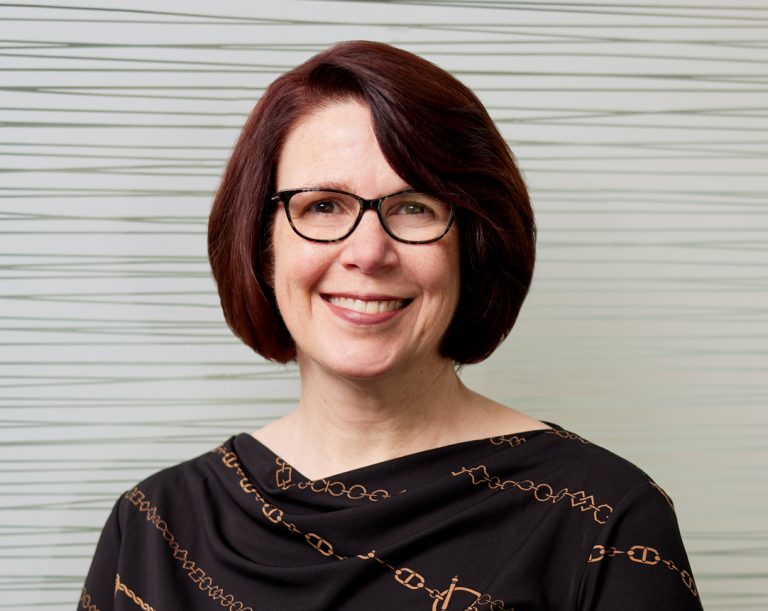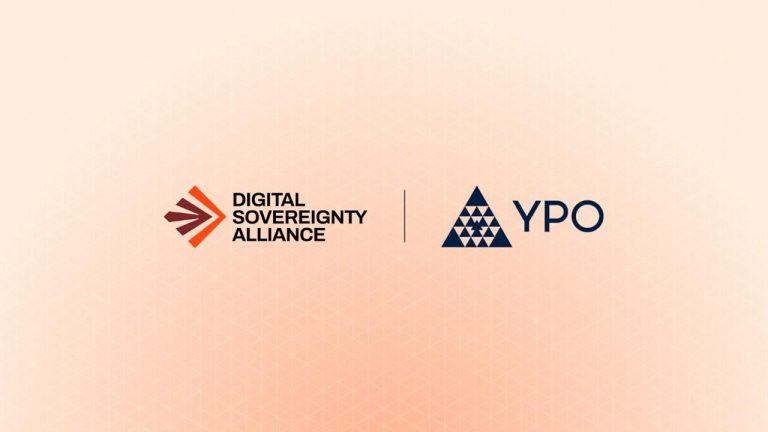
When retirement is scheduled within three years or less, you’re nearing the finish line and must do everything possible to end up in a good financial position. You don’t want to be in a situation where you’re ready to give notice, only to find yourself unprepared to thrive or even live comfortably once you no longer have a paycheque coming in.
To make sure you’re in a good place to leave work and start enjoying the rest of your life, here are five things you should do with your money ASAP.
1. Explore your health insurance options
First and foremost, you’ll have to tackle the health insurance issue.
While provincial plans will cover some healthcare expenses in retirement, the extra benefits you might need depend on where you live, your overall health and savings.
According to to Scotiabank, nearly half of Canadians who have reached their late 80s will need to access a long-term care facility, even though less than one-third consider it while planning or put any money aside for it. Hence, purchasing personal health insurance may be useful to substitute any benefits you had from your employer before retiring.
Whatever you decide, you must know how much your insurance will cost, what it covers versus what you are responsible for, and where the money is going to come from to pay for all of this.
2. Get your cash flow right
Next, you must make a plan for how you’ll manage your money. This means considering income coming in and income going out to ensure you can live within your means. A BMO survey found that Canadians believe they’ll need around $1.54 million to retire comfortably.
Income sources typically include the Canada Pension Plan (CPP), Old Age Security (OAS), any pension that’s provided by your employer and money from savings/investments. You’ll need to make sure this covers your spending needs so you don’t outlive your savings. One popular rule of thumb says that if you take out 4% of your balanced portfolio in year one and adjust that amount for inflation in the following years, your nest egg will last 30 years.
3. Maximize retirement account contributions
If you have just a few years or less to build your savings account balance, you should get serious about doing so.
Your last years of work are key to helping you to bulk up your account balance. As you contribute to your account, don’t forget to make sure you also have the right asset allocation. You’ll need to draw from your funds soon so you can’t be too aggressive with your investments. One popular method for asset allocation is subtracting your age from 110 and putting that percentage of your portfolio in equities.
4. Decide when to take CPP
Your CPP is going to be a crucial income source, as unlike most money retirees get, these benefits are not expected to run out and are automatically protected against inflation.
You can claim CPP between 60 and 70, but if you wait until 65 or over, you will see your benefits increase.
If you claim CPP before 65, your benefits are reduced by 7.2% per year. If you wait until you’re 65 they will increase 8.4% per year.
You’re typically financially better off getting fewer, but bigger cheques once you eventually claim them. However, this won’t be the right choice for everyone since there are other factors to consider, so be mindful of your own situation. You can also contact a financial advisor to get a professional opinion based off of your unique financial profile.
5. Pay off high-interest debt
Finally, if you have any high-interest debt, you should aim to pay it off before leaving work. Covering interest costs only gets harder on a fixed income, especially with the average credit card interest rates ranging from 19.99% and 25.99%.
If you can get serious about repaying what you owe, then you can enter retirement with a clean slate and free up the money you’d have sent your creditors to do other things.
By taking these steps, you can get yourself in the best financial position so when the time comes to enjoy life with no job holding you back, you’ll have the funds to do it.
Sources
1. Scotiabank: Rethinking Retirement in an age of Longevity, by Rebekah Young (Jul 6, 2023)
2. BMO: BMO Retirement Survey: Over Three Quarters of Canadians Worry They Will Not Have Enough Retirement Savings Amid Inflation (Feb 12, 2025)
3. Government of Canada: When to start your retirement pension
This article provides information only and should not be construed as advice. It is provided without warranty of any kind.


